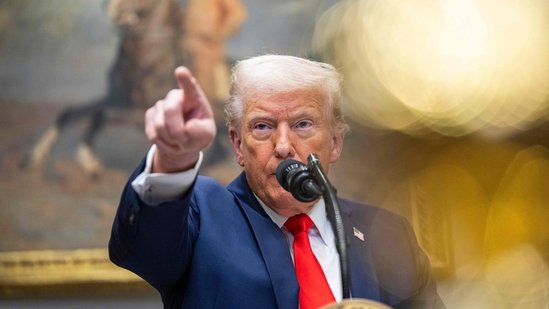In recent weeks, town halls across the country have become battlegrounds of political discourse as lawmakers face growing frustration from their constituents. With rising concerns over key policy decisions, voters are making their voices heard in often tense and emotionally charged public meetings.
Lawmakers Struggle to Maintain Order at Town Halls
As elected officials host town halls, many find themselves confronted with tough questions about economic instability, healthcare policies, and government accountability. What was once a routine engagement has now become a critical platform for citizens demanding clear answers and decisive action. Lawmakers struggle to maintain order as emotions run high, with some events requiring security intervention.
Recent public meetings in various states have been marked by shouting matches and passionate speeches from both lawmakers and citizens. In some cases, officials have cut meetings short or resorted to online sessions to avoid further disruptions. However, many voters see these gatherings as their only opportunity to hold their representatives accountable, leading to a surge in attendance.
Key Issues Dominating Town Hall Discussions
Several major issues have dominated discussions at town halls, including:
- Economic Struggles: Inflation and job market concerns are top priorities for many attendees, with individuals voicing frustration over rising living costs and stagnant wages. Many demand stronger policies to address financial hardships and ensure economic stability.
- Healthcare Access: Citizens seek clarity on policy changes affecting their medical coverage, especially amid concerns over rising prescription drug prices and hospital costs. Some attendees have shared personal stories about their struggles to afford necessary medical care.
- Government Transparency: A growing number of constituents express frustration over perceived secrecy in political decision-making. They call for increased transparency in how policies are developed, particularly on controversial issues such as taxation and social programs.
Additionally, topics such as climate change, education funding, and immigration policies have surfaced in town halls, with citizens pressing lawmakers for immediate action and long-term strategies.
Despite the growing tension, lawmakers emphasize that town halls remain a crucial means of engaging with the public. Some officials have shifted to virtual sessions to manage disruptions, while others have adjusted formats to encourage more constructive dialogue. However, one thing is clear—voter participation in these community forums will continue to shape political discourse leading up to future elections.
Political analysts suggest that the intensity of these meetings indicates a shifting dynamic in public engagement. With elections approaching, lawmakers must navigate a delicate balance between addressing concerns and maintaining order during town halls.
The Role of Town Halls in Democracy
As the political landscape evolves, town halls are likely to remain a key avenue for communication between voters and elected officials. While tensions may persist, these civic discussions serve as a reminder of democracy in action, providing citizens a direct channel to voice their opinions, challenge leadership, and demand accountability.



